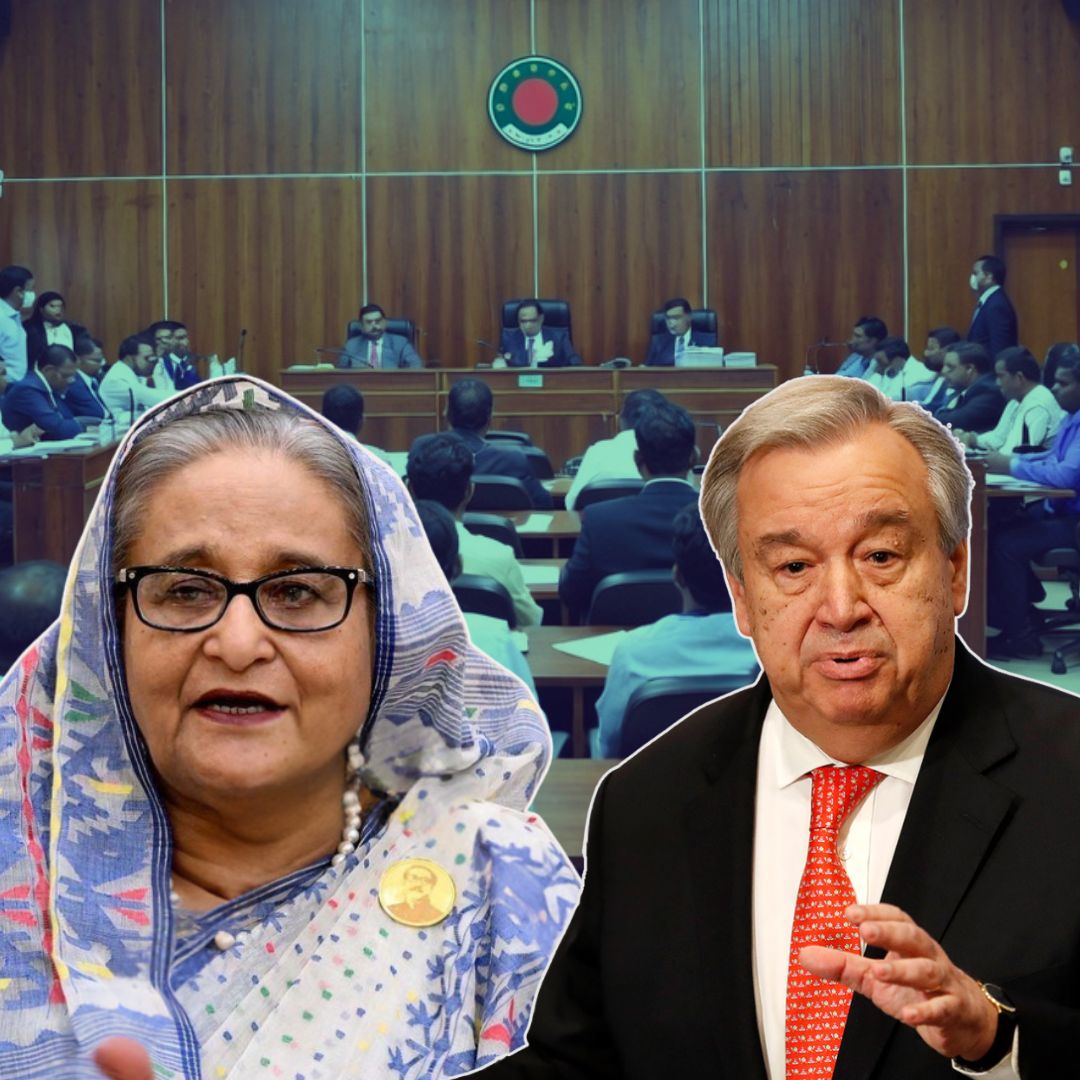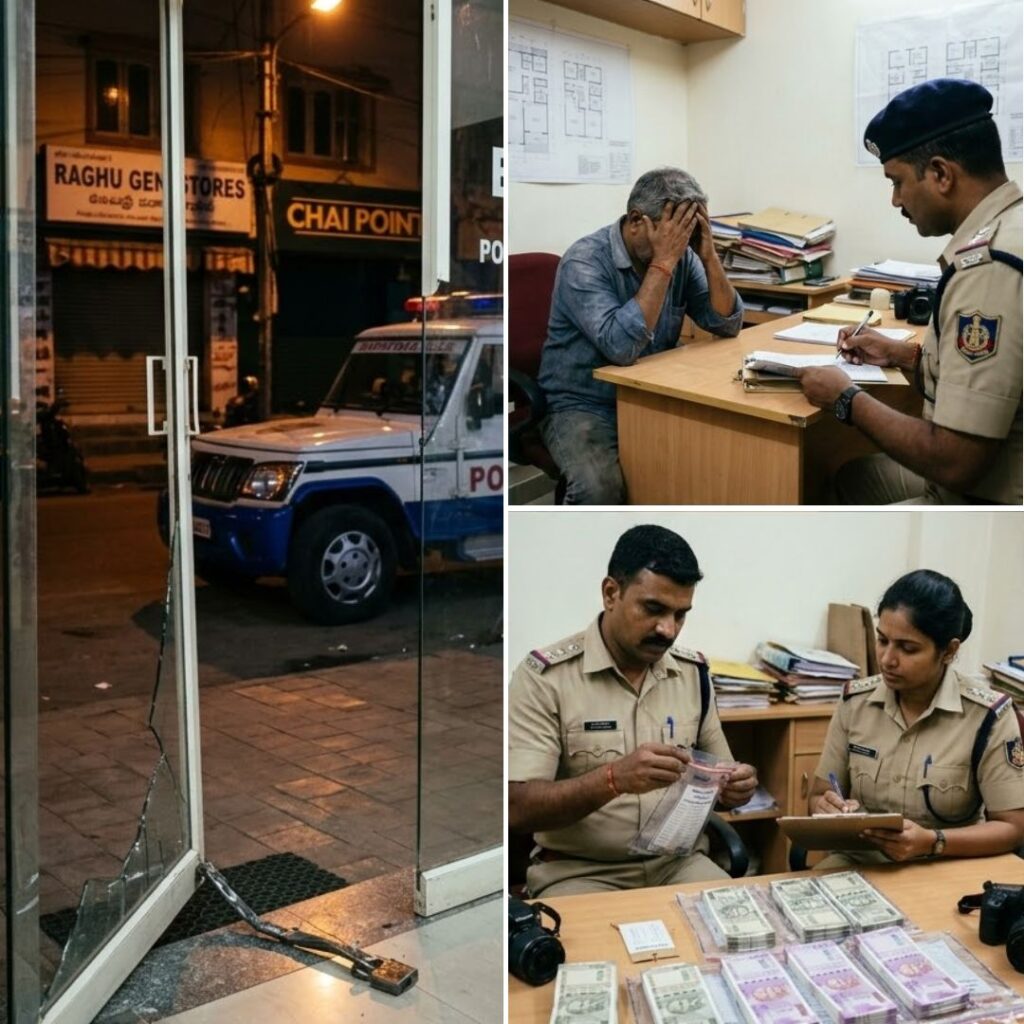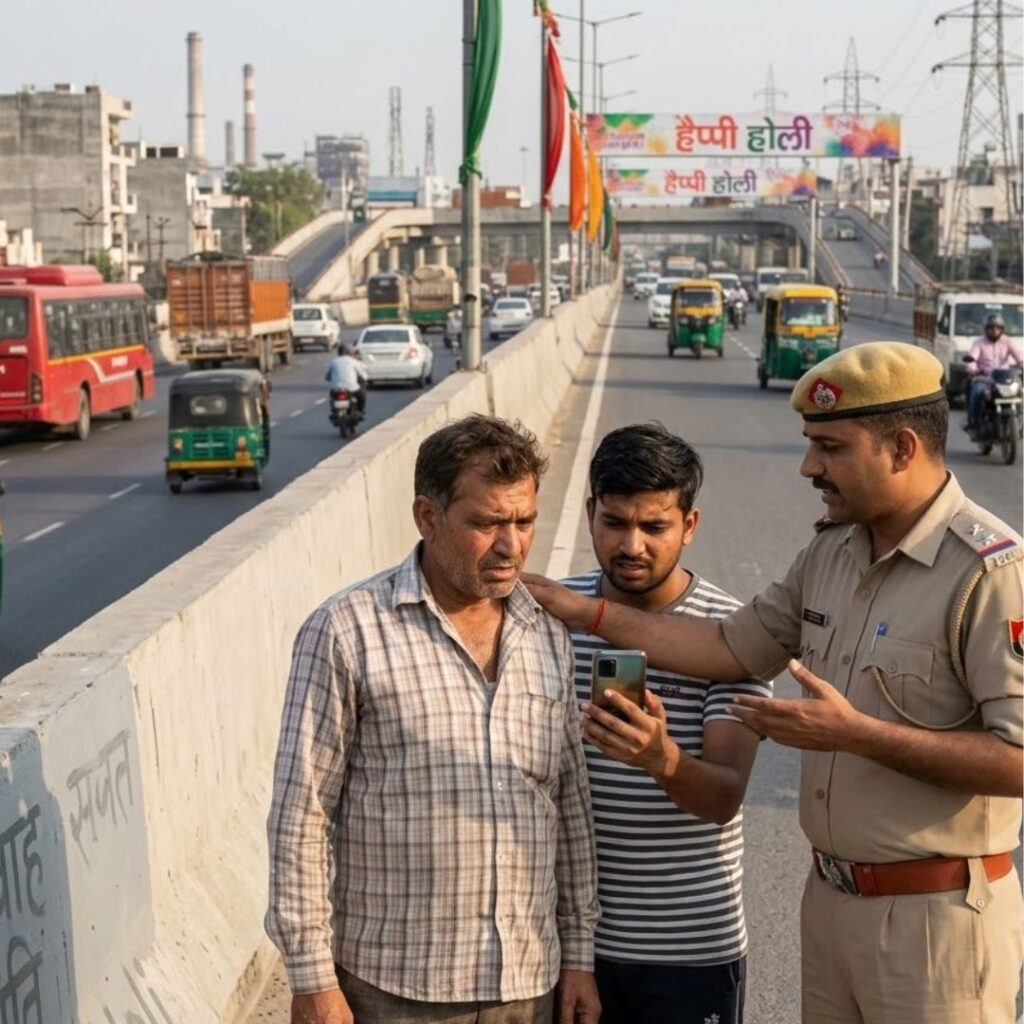The United Nations has strongly opposed the death penalty imposed on Bangladesh’s former Prime Minister Sheikh Hasina, who was sentenced in absentia by the country’s International Crimes Tribunal for crimes against humanity linked to the lethal suppression of student protests in 2024.
UN Secretary-General Antonio Guterres reaffirmed the UN’s principled stance against capital punishment in all circumstances, emphasizing the need for fair legal processes that meet international standards, especially given the trial’s in absentia nature.
Guterres’ comments come at a critical juncture for Bangladesh’s fragile democracy and ongoing political upheaval.
UN Secretary-General Antonio Guterres Condemns Death Penalty
During his daily media briefing, UN spokesperson Stephane Dujarric conveyed Guterres’ position against the death sentence imposed on Sheikh Hasina.
“We stand against the use of the death penalty in all circumstances,” Dujarric affirmed, referencing a statement by UN Human Rights High Commissioner Volker Turk who also opposes capital punishment.
The UN acknowledged the verdict as an “important moment for victims” of the lethal crackdown but stressed that trials, especially those resulting in the death penalty and conducted in absentia, must meet international standards of due process and fairness.
The UN called for national reconciliation, truth-telling, and restrained responses to the verdict to help Bangladesh heal its fractured society and respect human rights while ensuring justice is served.
Tribunal Verdict and Charges
The International Crimes Tribunal-1 in Dhaka convicted Hasina and former Home Minister Asaduzzaman Khan Kamal of crimes against humanity for ordering a brutal crackdown on student-led protests during July and August 2024, which resulted in over 1,400 deaths and thousands of injuries-the worst violence in Bangladesh since its 1971 War of Independence.
The court found that Hasina’s administration deployed helicopters, drones, and firearms against demonstrators. The verdict also sentenced former police chief Chowdhury Abdullah Al-Mamun, who turned state witness, to five years in prison.
Hasina was tried in her absence, having fled to exile in India amid escalating unrest. She and her Awami League party denounced the trial as politically motivated and lacking legitimacy, warning that the ruling could trigger unrest ahead of the 2026 parliamentary elections from which her party has been barred.
Political Upheaval and Historical Context
The verdict came as Bangladesh endured a severe political crisis that began with widespread student-led protests against Hasina’s government, accusing it of corruption, authoritarianism, and gross misuse of power.
The deadly crackdown and subsequent political turmoil culminated in Hasina’s ouster in August 2024 through a coup-like event and her flight to India.
Nobel laureate Muhammad Yunus assumed leadership of the interim government, pledging to restore democratic institutions and accountability.
The International Crimes Tribunal, initially created to prosecute 1971 wartime atrocities, controversially expanded its mandate to address alleged crimes from 2024, a move widely perceived as politicised. Critics highlight concerns over trial transparency, fairness, and the appropriateness of applying the death penalty, particularly in absentia.
International and Regional Reactions
The UN, while supporting accountability for grave human rights abuses, deplored the death penalty ruling and called for justice with respect for fundamental rights and due legal procedures.
The OHCHR urged Bangladesh to adopt processes of truth-telling, reparation, and reconciliation to overcome its wounds. India’s role in sheltering Hasina has strained relations with Dhaka, which demands her extradition, underscoring complex regional geopolitics.
Analysts warn that the verdict could deepen political divisions, increase instability, and undermine Bangladesh’s democratic prospects, particularly with elections looming.
The Logical Indian Perspective
Bangladesh stands at a crossroads where the pursuit of justice intersects with the need for political stability and human rights protection.
The Logical Indian advocates for balanced justice that fosters healing rather than political vendettas, emphasizing the importance of dialogue and empathy to rebuild trust in democratic institutions.
The international community’s role should prioritize supporting a peaceful, just resolution that respects all citizens’ rights while promoting national reconciliation.
The unfolding crisis raises profound questions about Bangladesh’s democratic resilience and the wider challenges of governance, dissent, and justice in South Asia.
This verdict, the first high-profile death sentence of a former prime minister in Bangladesh, sets a precedent with far-reaching implications.
Sheikh Hasina’s political future now appears uncertain, and the country faces intensified scrutiny on how it navigates this delicate moment between accountability and democratic fairness.












